The Love Story of the Century
A small look into my family’s diverse background.
May 24, 2021
I am a first-generation immigrant. My parents both moved from India to America in October of 2001. But, there’s something more to their story. My mom, Jyoti Presswala, comes from a Hindu family. My dad, Murtaza Presswala, comes from a Muslim family. Before coming to America, they had to go through a lot to even make their relationship work.
Last week, I interviewed my parents about their marriage and their journey to America. Although they got married 20 years ago, my parents’ story reflects some of the issues we still face today. Many of us at EBHS are also immigrants who come from families with mixed cultures and religions. Even if you’re not, I’m sure you’ve struggled with your identity or your relationships, whether they be romantic or platonic. My parents’ story is a reminder that we’re never truly alone in what we face.
Keep scrolling for an insight into their interfaith relationship, immigration process, and how they made it work.
Q: TELL US A LITTLE BIT ABOUT YOURSELVES.
JP: My name is Jyoti Presswala. I am an ultrasound technician at St. Peter’s Hospital. I like to do theater on the side as well and have performed in many community plays. I just like to have fun in whatever I do.
MP: I’m Murtaza Presswala. I’m a Sagittarius by birth, but also by nature as well. I’m pretty optimistic in life. I like to play table tennis and badminton. I’m the eldest sibling of my family. And, I work for AT&T.
Q: HOW DID YOU GUYS MEET?
MP: By chance. *JP rolls eyes*
JP: I met my husband in school. I came from an all-girls high school and I had been living with my grandparents. The move was from Chembur to Tardeo. We met in 8th standard (grade), where we were in a class of about 80 students. Actually, one of the teachers at the school was my aunt. But we met in class and soon we became friends.
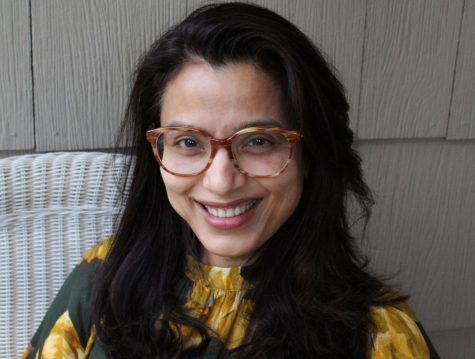
MP: I was more of a movie buff- I used to do things like what we called “filmie”. I would try to woo your mom by giving her gifts and flowers and chocolates, and sometimes even singing for her. I would get rejected a lot. Our real relationship didn’t happen for a long time actually. We were on and off and on and off. Our situation was unique in the sense that I’m a Muslim, and she was Hindu, so based on that, we had a lot of breakups, but eventually it all fell together.
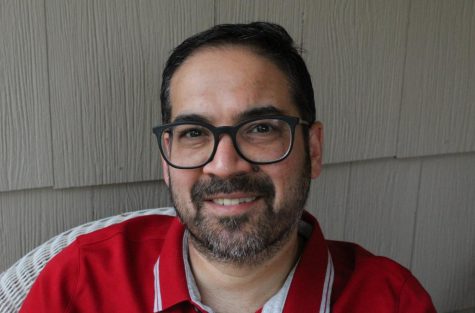
JP: We were growing up in a time in India where there were no inter-caste marriages. People married within their own religions, and the exceptions were not really accepted by society. The concern was that we need our parents’ blessings. And even then, there was no such word as ‘dating’ in India. We had grown up always hanging out and we just tried to be as responsible as possible. There was more of a focus on education and studies rather than our relationship. Not really dating.
Q: HOW DID YOUR PARENTS FEEL ABOUT YOUR RELATIONSHIP? WHAT WAS IT LIKE TO TALK TO THEM ABOUT IT?
MP: I knew from the beginning that it would be difficult for both sides of the family to accept this relationship. I knew my mom would not accept it, but that it would be easier to convince my dad. My in-laws, your mom’s parents, they also both come from different religions- your grandma was Zoroastrian and grandpa was Hindu. I thought they would be easy-going, but they were not. They were totally against it. It was difficult. I was scared to talk to my mom- when I initially did, it did not go well. Religion played a very important role in our relationship. I didn’t care, as long as I was able to follow my faith and your mom was able to follow hers. Yes, there were certain things that had to be done, like the nikkah (legal marriage under Islamic law) and your mom technically converting. But it was a completely different situation for us and our parents. However, today, everything is fine. We have a good relationship with our parents and with each other.
Q: AFTER GETTING MARRIED, WHY DID YOU DECIDE TO MOVE TO AMERICA?
JP: I didn’t really decide. Your dad had already done his Masters in America because at the time, that’s what all the young people were aspiring to do- come to America and make something better for yourself. America was really seen as the land of opportunities. Now he was getting a job. I followed him and his dream and came to America.
MP: I had already been to America to study/work. Like your mom said, I came here to do my Masters in 1999, and obviously after getting their Masters, most people decide to stay here and get their visa, etc. In a way, it worked out for us. We were able to move away from our parents and become truly independent and live our lives the way we wanted to.
Q: DESCRIBE YOUR FEELINGS WHEN YOU FIRST ARRIVED IN NEW JERSEY.
JP: Ohhh, I was excited! Everything was so big and clean and I was excited for a new chapter in my life. I was married to my high school sweetheart and I was now in a new country. It was an awesome feeling. Honestly, I don’t remember feeling scared or anxious at all.
Q: FAST FORWARD TO 2005. YOU HAVE TWO BABIES/TODDLERS. WHAT WAS (AND IS) IT LIKE TO RAISE CHILDREN IN A COUNTRY YOU WERE BARELY ACCUSTOMED TO?
JP: What’s different about it? You can raise a kid in any country- as long as you love them and support them. I was in a new country, so I didn’t have the help of my parents or friends, but I had the most important person beside me. Your father.
MP: When you and Amena (my younger sister) were smaller children, like 3-7 years old, there was no problem. It was fun. The problems really started once you guys became teenagers. Here, it’s a little different because the culture is different and the religious customs may be different. It’s challenging to instill those customs in your kids when they’re growing up with friends who are learning something different. In India, everyone is the same race, even if they come from different religions. But overall, it was fun.
Q: HOW DO YOU KEEP YOUR CULTURE ALIVE- BOTH HINDU AND ISLAMIC, AND INDIAN IN GENERAL? WHAT ARE THE CHALLENGES THAT COME WITH IT?
JP: 90% of the food cooked in our house is Indian. We try our best to talk in Hindi and Gujrati. We try to watch Bollywood films and listen to Bollywood music. Celebrating our festivals is also an important part.
MP: On a daily basis, we try to talk about our experiences from the past, and also talk to our parents. There has to be a bond formed between the maasis (maternal aunts) and faijis (paternal aunts) and mamas (maternal uncles), etc, so you know who their family and their history is.
Q: WHAT DO YOU MISS MOST ABOUT HOME?
JP: Oh, my family. My parents and siblings, I miss them everyday. And experiences, of course. There are some things that can only happen in India.
MP: Family and food. I used to go to restaurants all the time and eat street food, like spicy cheese sandwiches and pani puris (a South Asian snack). The vendors knew me by name and knew about my life because we went so often. It’s impossible to find food like that here.
Q: DO YOU EVER REGRET COMING HERE?
MP: Sometimes- our whole family is still back in India and you don’t get the full experience of our culture and our religion and holidays. But coming to America was an amazing thing and it has given us a lot of unique opportunities and experiences, so overall, no. No regrets.
JP: Yeah, I agree. You know, sometimes when you hear the news and you see violence against minorities and especially recent hate crimes against Asians and everything, you question your status here. Do I really belong? But I have a good life here and I really would not change it at all.
Q: IF THERE’S ONE WORD OR PHRASE YOU WOULD USE TO DESCRIBE YOUR JOURNEY HERE, WHAT WOULD IT BE?
MP: Dream-in-progress.
JP: Self-growth.


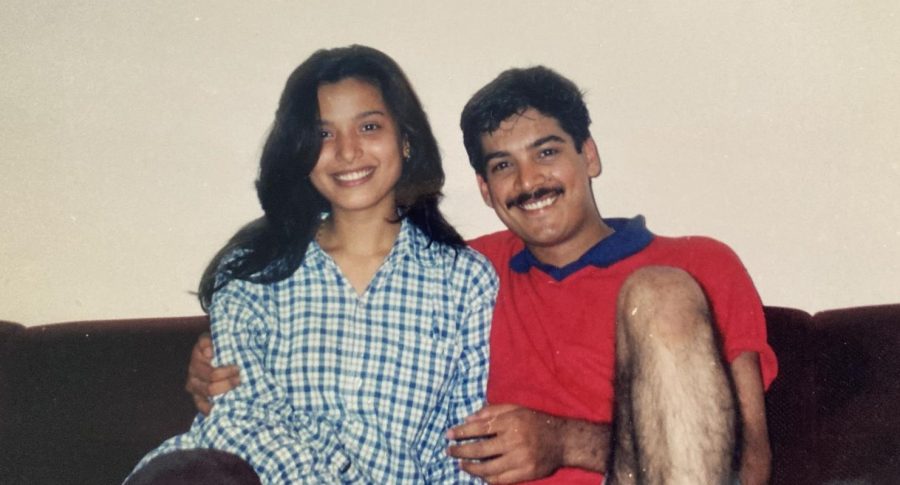
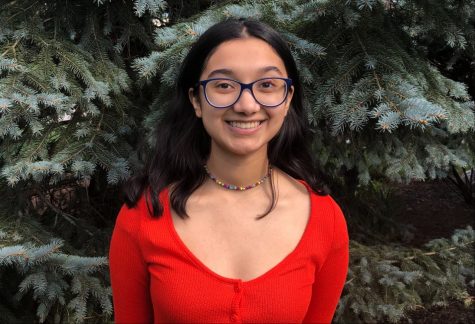
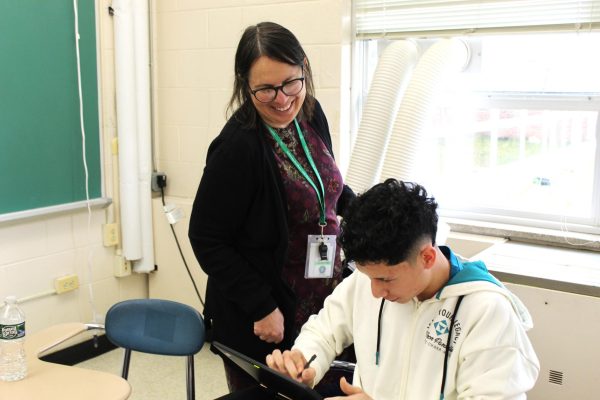
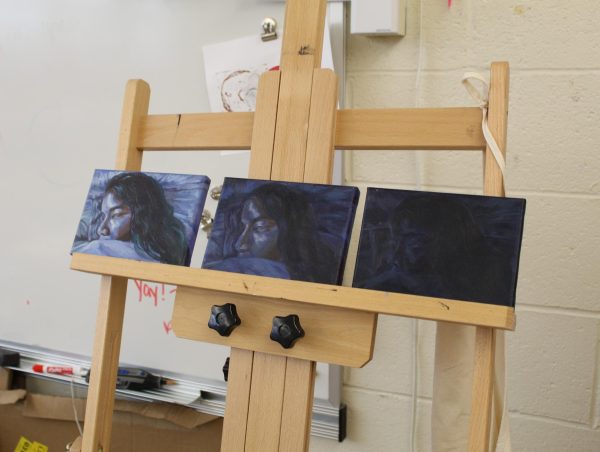
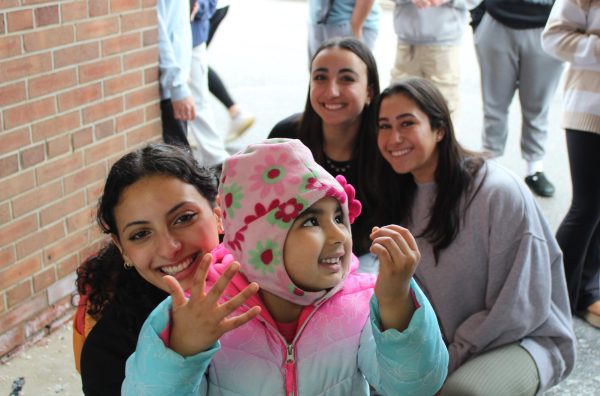
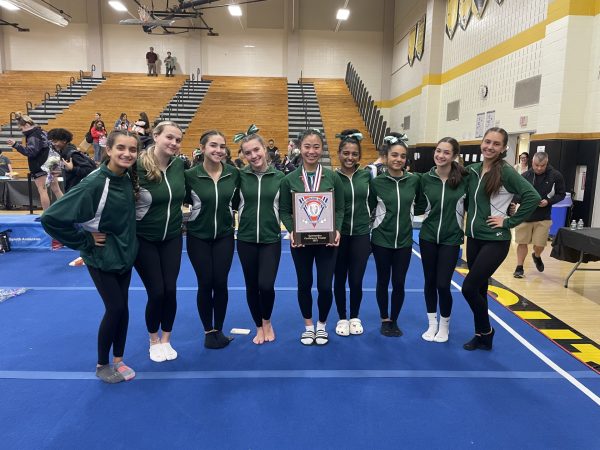
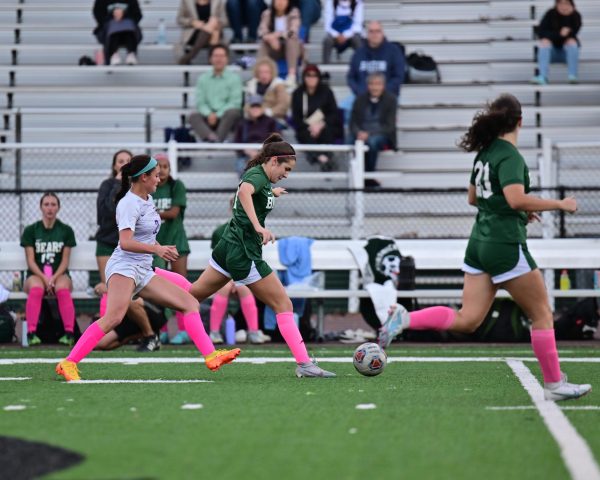
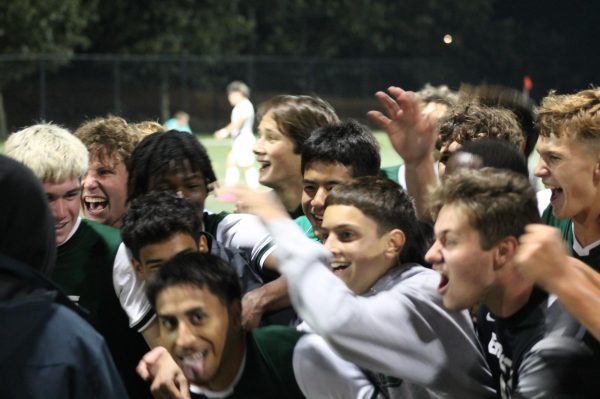
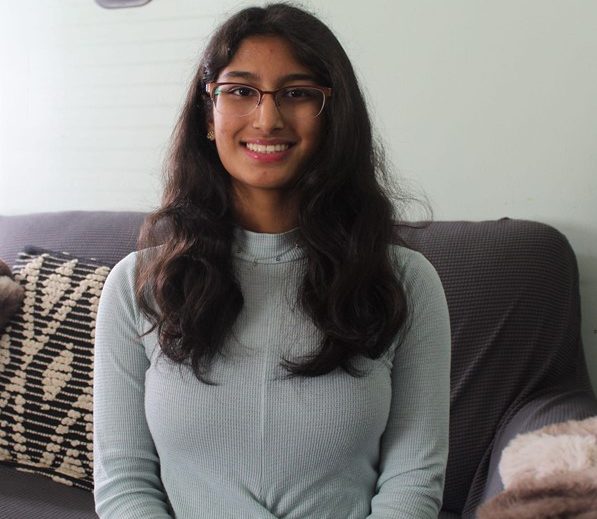
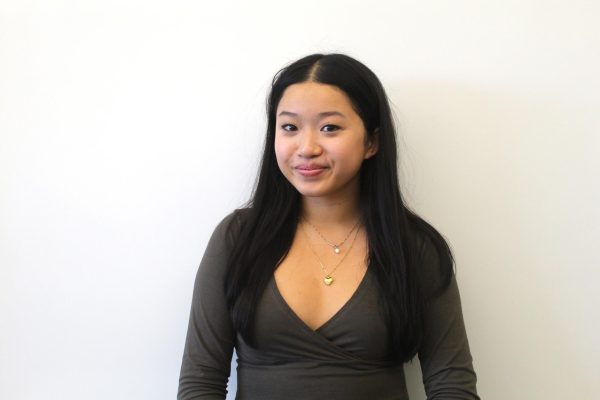
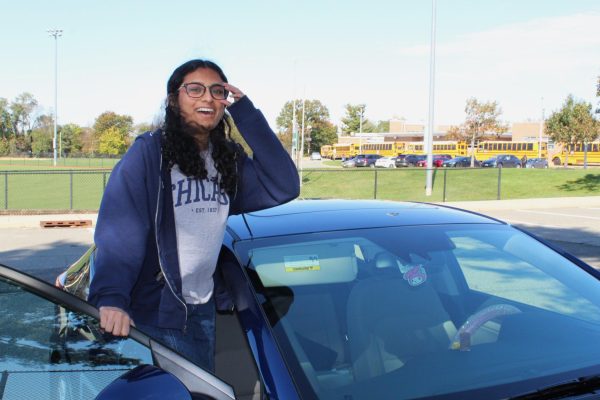
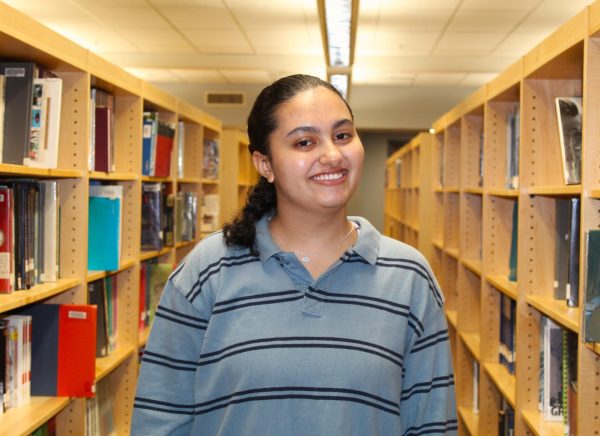
Aarti Sandri • May 28, 2021 at 5:11 pm
Kudos to you dear. Very nicely written very happy for you love you dear